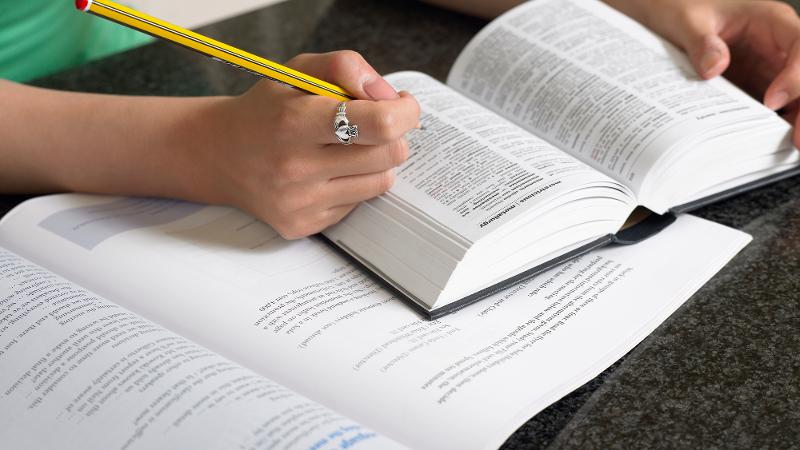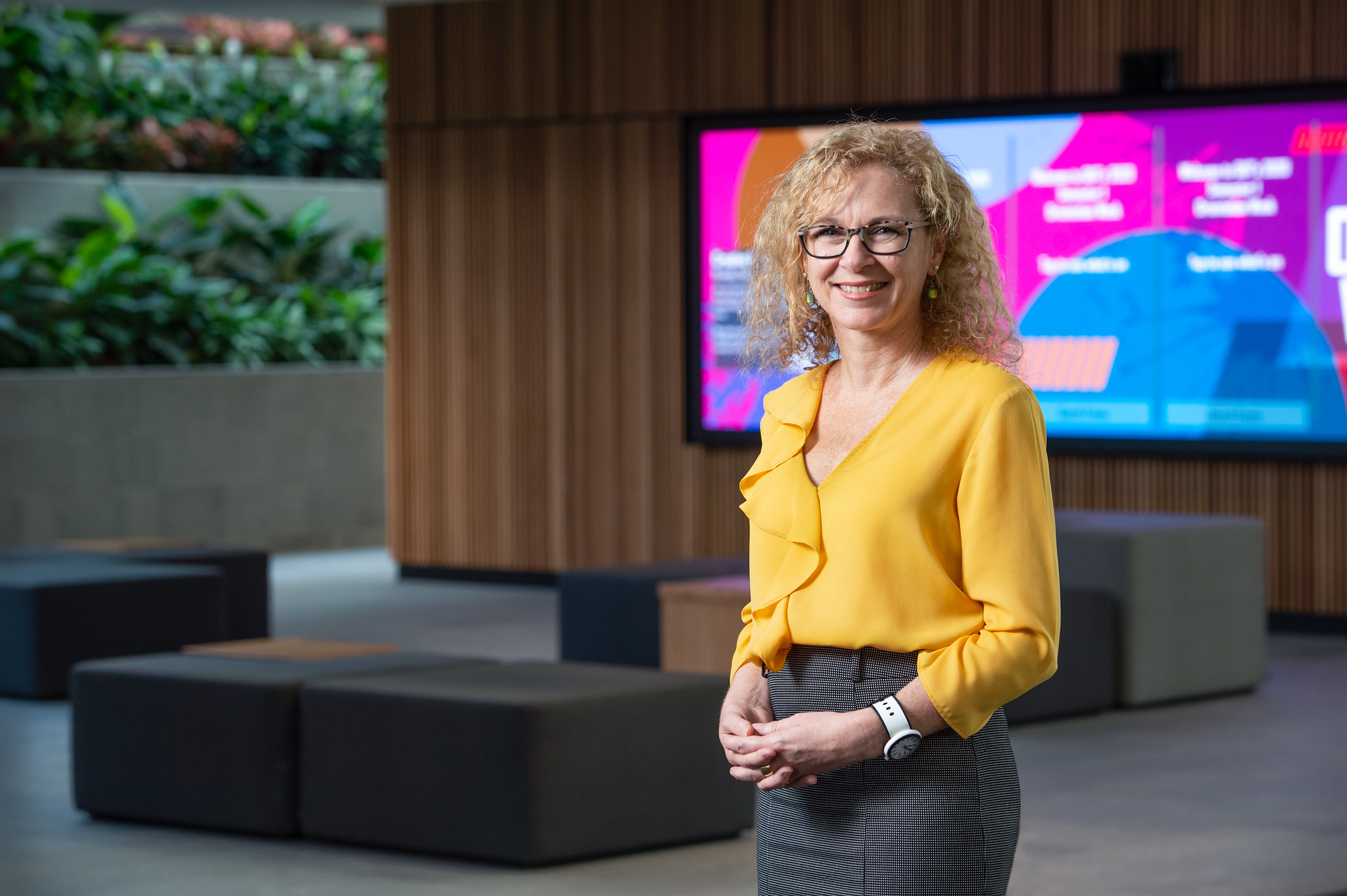
A QUT researcher says careful planning is key to cope with the challenge of Year 12 as the COVID-19 outbreak unfolds.
The Queensland Government announced from Monday 30 March schools would go student-free but would remain open for children of essential workers.
Associate Professor Jill Willis from QUT’s Faculty of Education is a specialist on student performance and assessment, and can help students with timely advice to navigate disrupted schooling.
“Learning remains open so it’s important to plan for assessment to keep going,” she said.
Queensland’s 52,500 Year 12s are set to become the first to graduate under the new Australian Tertiary Admission Rank (ATAR) system.
The first of the Year 12 results for internal assessment were completed and sent by schools to the Queensland Curriculum and Assessment Authority (QCAA) by March 20.
Queensland Education said no other state had completed their first internal assessment, and if exams were scheduled for next week for Year 11 and 12 students, schools could delay them pending further advice from QCAA.
The QCAA also indicated that there would be one less internal assessment task to complete in Year 12 this year, and the final exams will be modified.
Professor Willis said it was important to help find ways to be adaptive to situations where they face ambiguity.
“The current Year 12s have faced more challenges than any year level graduating in recent history,” she said.
“The highlights of the senior year they looked forward to have been disrupted, with leadership opportunities, social milestones like formal dinners postponed due to COVID-19.
“Many will have lost their part time jobs or apprenticeships and the depressed economy will be making it hard for them to stay positive.”
Professor Willis said it was important to remind students to recognise what they could and could not control and to keep an eye on learning goals like twenty first century skills that were part of each subject.
She said the QCAA and schools were preparing for many possible scenarios to work out how best to support students.
“We won’t know for a while yet what will happen later this year, but teachers are still being asked to make judgements on students' work,” she said.

As schools shift to online learning, students are still eager to maintain contact with their peers.
Parents too have been connecting on social media with messages of support shared using the hashtag #classof2020.
“Educators and parents are also exploring more online options to support learners, and there is a lot of professional sharing and support going on,” Assoc Prof Willis said.
So what can seniors do in such uncertain times? Assoc Professor Willis had these suggestions:
- Stay connected to every school learning opportunity as much as you can
- Stay up to date with school messages
- Stay in touch with teachers, and ask questions, do the activities and ask for feedback - sometimes students don’t want to ask questions, to save face but in this time of educational disruption, questions and feedback are your power tools for learning
- Peer learning checks your understanding - you really know you have learned something when you can explain it to someone else
- Let your parents and carers know that catching up with friends online can be good for learning, especially when peers remind one another to keep on track, keep each other accountable, and to not procrastinate
- Let someone know if you are falling behind. Don’t leave it too long to ask for help
- If you are feeling worried, find a teacher you can connect to at school, and use the school communication channels to let them know what you are worrying about. Sometimes a simple conversation can clear things up. If not, the teachers know lots of different ways to connect you with support.
- Don’t just learn for an assessment task or an exam. Keep your eye on bigger learning goals like the 21st century skills that are part of each subject; for example, critical and creative thinking, communication, collaboration and teamwork, personal and social skills and ICT skills.
Professor Willis also said seniors should take control of their own story by putting together a short portfolio where they demonstrated their skills.
“Write a couple of sentences for each example that make a claim like ‘I showed my ability to respond to feedback, and improve when I developed this early draft into a polished piece’ or ‘I demonstrated creative thinking, collaboration and ICT skills when I organised a virtual peer study group, and we created practice examples for one another’," she said.
“These examples can get used for lots of different future purposes and help you feel better about what you have accomplished.
“In years to come people will look at you in awe when you say ‘I was a 2020 graduate’”.
MEDIA CONTACT: media@qut.edu.au or 07 3138 1150, after hours 0407 585 901.




